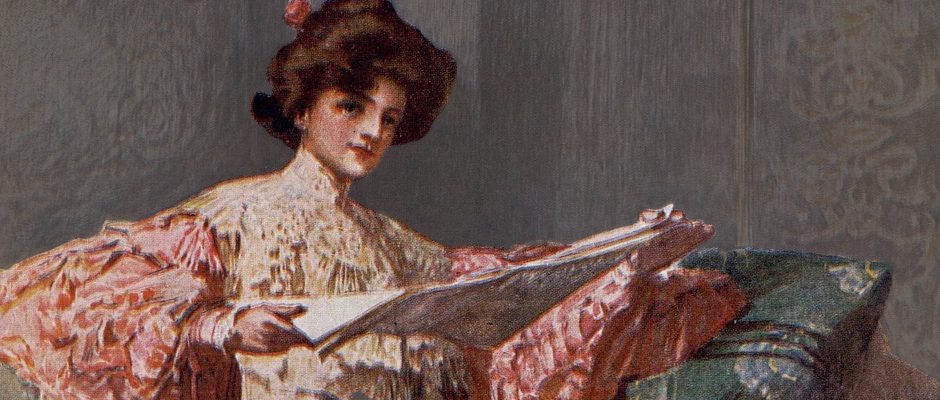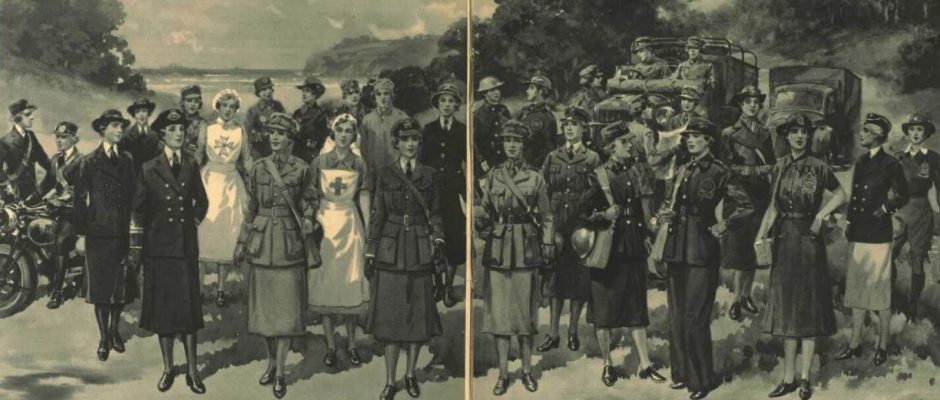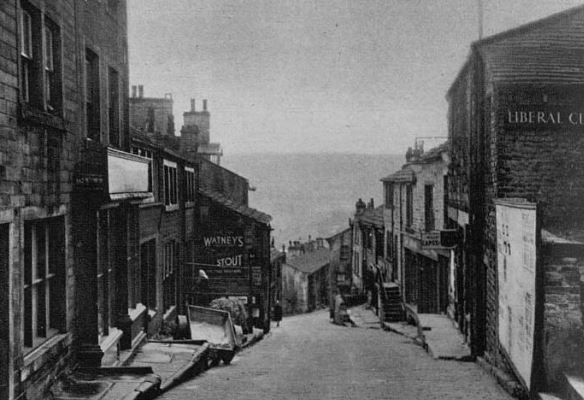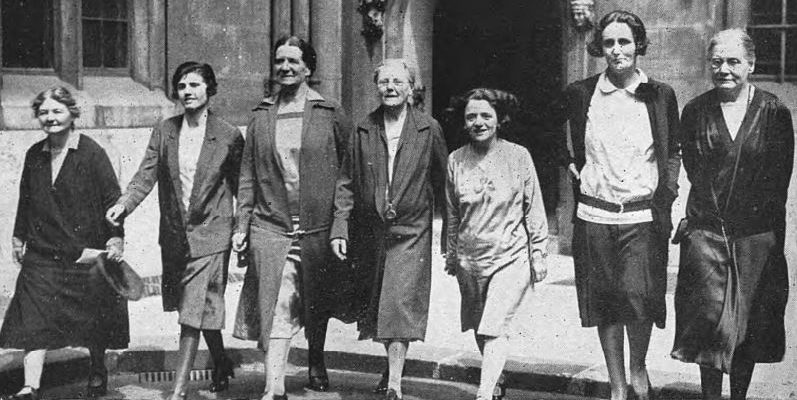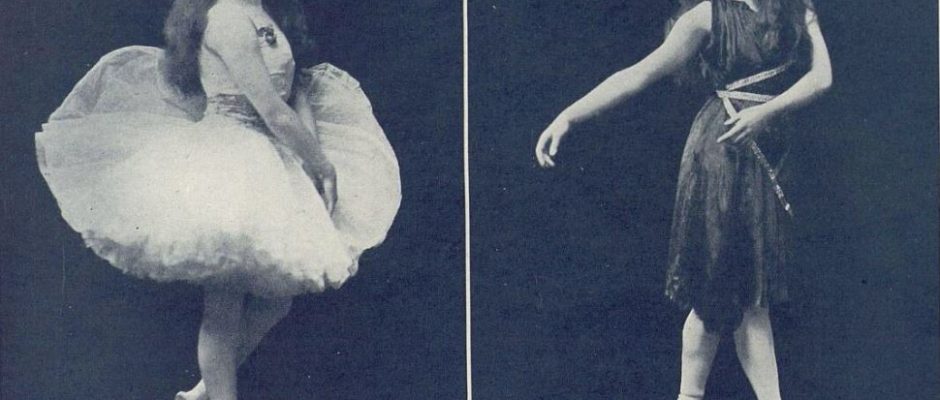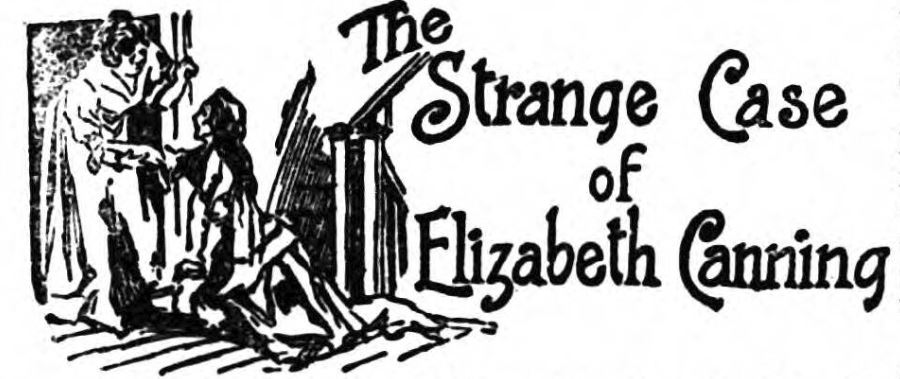This week on The Archive we continue to bring you our top picks from our collection of specialist, national and regional newspapers. And in this vein, we turn our spotlight this week onto our very special suffragist newspapers, which chart how women across the British Isles and Ireland campaigned for the vote. Register now and explore the Archive Newspaper of The Week One of the most iconic of these titles is The Suffragette, later renamed Britannia. This newspaper was established in 1912, …
women’s history
Continuing our commemoration of the 75 years since VE-Day, in this special blog we explore the vital role that women played throughout the course of the Second World War. In 1939, for a second time in just over twenty years, Britain found itself embroiled in an international conflict, and women stepped forward to work in civil defence, armed forces, and industry. Unlike any other country, for the first time, British women were conscripted into service. On 18 December 1941, the …
Tags
Not only did the flapper turn on its head traditional notions of femininity – she was arguably the first incarnation of youth culture in Britain and beyond. She was a good time girl, she drank, she smoked, she drove, she partied, she wore the latest outrageous fashions, she came home late – and in doing so, she preempted the youth culture movements of later decades. A study by Domergue | The Tatler | 3 June 1925 In this special blog, we explore …
Tags
The Rev Patrick Brontë of Thornton, has been nominated to the Perpetual Curacy of Haworth, in the parish of Bradford, and has been licenced to the same by his Grace the Archbishop of York. Manchester Mercury | 14 March 1820 This rather innocuous announcement appeared in the pages of the Manchester Mercury on the 14 March 1820. At the time, it would have been considered fairly run-of-the-mill: a typical clergy appointment. But 200 years later, these short sentences conjure up a …
Tags
The 1920s were time of greater freedoms and liberation for women. They cropped their hair, their dresses got shorter and shorter; it was socially acceptable for them to drive, drink and smoke. But such freedoms would not have been possible without the pioneering women who not only shaped the decade, but the many years to come. Graphic | 27 July 1929 In this special blog, using the British Newspaper Archive, we take a look at five of these remarkable women and …
Tags
Reading like a 1950s noire novel, or a Cold War thriller from the pen of John le Carré, the murder of Polish aristocrat Countess Teresa Lubienska on the platform of Gloucester Road Underground station shocked the nation, and provoked a massive man hunt that saw 18,000 people interviewed over the following months. Belfast Telegraph | 25 May 1957 Using contemporary articles found in the British Newspaper Archive, we explore the circumstances of Countess Lubienska’s murder, the possible motives behind her killing, …
Tags
Prima ballerina, choreographer, teacher and business woman, Irish born Dame Ninette de Valois was instrumental in raising the global profile of British ballet, founding the company that would become the Royal Ballet, and nurturing the talent of some of the country’s most famous dancers, including Alicia Markova and Margot Fonteyn. In this special blog, we take a look at de Valois’ early years, her rise to prima ballerina, and her shift into production and choreography, using pages from the British …
Tags
This week we have added an impressive 147,928 new pages to The Archive, covering exactly one century of news. We have added five brand new titles this week, with four of these new additions being Scottish publications. Joining The Archive is the Alloa Journal, the Forfar Herald and the Dalkeith Advertiser, as well as the Clyde Bill of Entry and Shipping List. The latter title was published by the Custom House in Glasgow, and recorded the declarations of goods being imported and …
Tags
This week we have added 102,572 new pages to The Archive, and we continue to add brand new and exciting titles to our collection. This week sees the addition of new title The Queen to The Archive. The Queen, or to give it its full title, The Queen, The Ladies’ Newspaper and Court Chronicle was established as a society magazine by Samuel Beeton in 1861, and followed the goings-on of high society and the British aristocracy. We currently have the years 1887 to 1896 …
Tags
On the first day of January 1753 maidservant Elizabeth Canning disappeared. She returned to her mother’s house some twenty-eight days later, emaciated and bedraggled, claiming that she had been held in a room against her will. As the case went to court, and her captors were arrested, many came to disbelieve Elizabeth Canning’s tale, resulting in Canning herself going on trial for perjury. In 1754 the Manchester Mercury comments on the question of whether ‘Elizabeth Canning is or is not …


